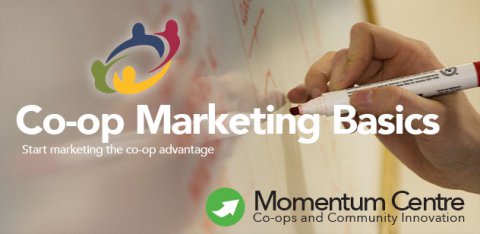2015 International Forum
The fourth annual International forum will be held for the first time in Montreal, from January 23 to 24, 2015. The International Forum is a unique initiative of World University Service of Canada (WUSC). It has been organized by the WUSC in cooperation with CECI – the Centre for International Studies and Cooperation since November 2013.
The International Forum is an exciting annual gathering where the best ideas and practices for international development are shared. It is a chance for specialists, decision makers and researchers from different sectors to learn and hear some important perspectives. The Forum brings together delegates from government, northern international cooperation organizations, southern civil society and the private sector, as well as researchers and international development specialists.
Participants will learn and be inspired by fresh new perspectives and diverse expertise that will enhance their contribution and renew their commitment to a more equitable and sustainable world.
Register now
Great International Development Debates
In our work towards sustainable international development, we encounter many challenges and issues that inspire great debates. While there is a wide range of theoretical, political and practical approaches, we know there is no magical solution.
The 2015 International Forum will ignite discussions around a series of Great International Development Debates.
Participants at the 2015 International Forum will have the chance to contribute to discussions and listen to some of the sharpest and most compelling voices on such relevant and crucial questions as:
- What if fair, equitable and sustainable development were good for business?
- Does the South need aid from the North?



 Noon to 1pm Eastern Time
Noon to 1pm Eastern Time Brenda is a Partner at Ellio sustainability consultants, specializing in sustainability and responsible investment. She is also involved in the development of an affordable rental housing investment fund (for accredited investors). Brenda has an MSc in International Management from HEC Montréal, a BA in Humanities and a BSW from McGill University.
Brenda is a Partner at Ellio sustainability consultants, specializing in sustainability and responsible investment. She is also involved in the development of an affordable rental housing investment fund (for accredited investors). Brenda has an MSc in International Management from HEC Montréal, a BA in Humanities and a BSW from McGill University.
